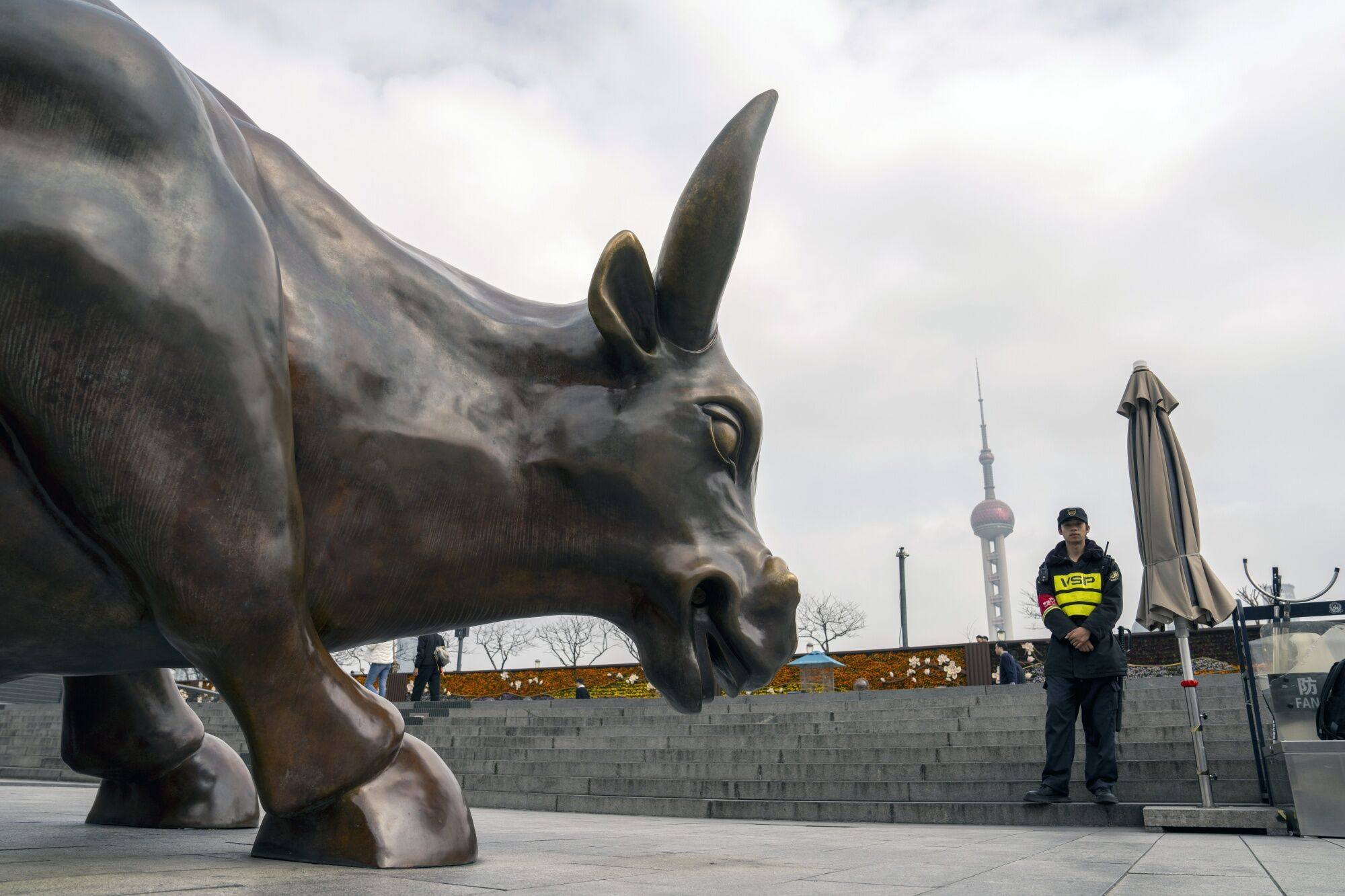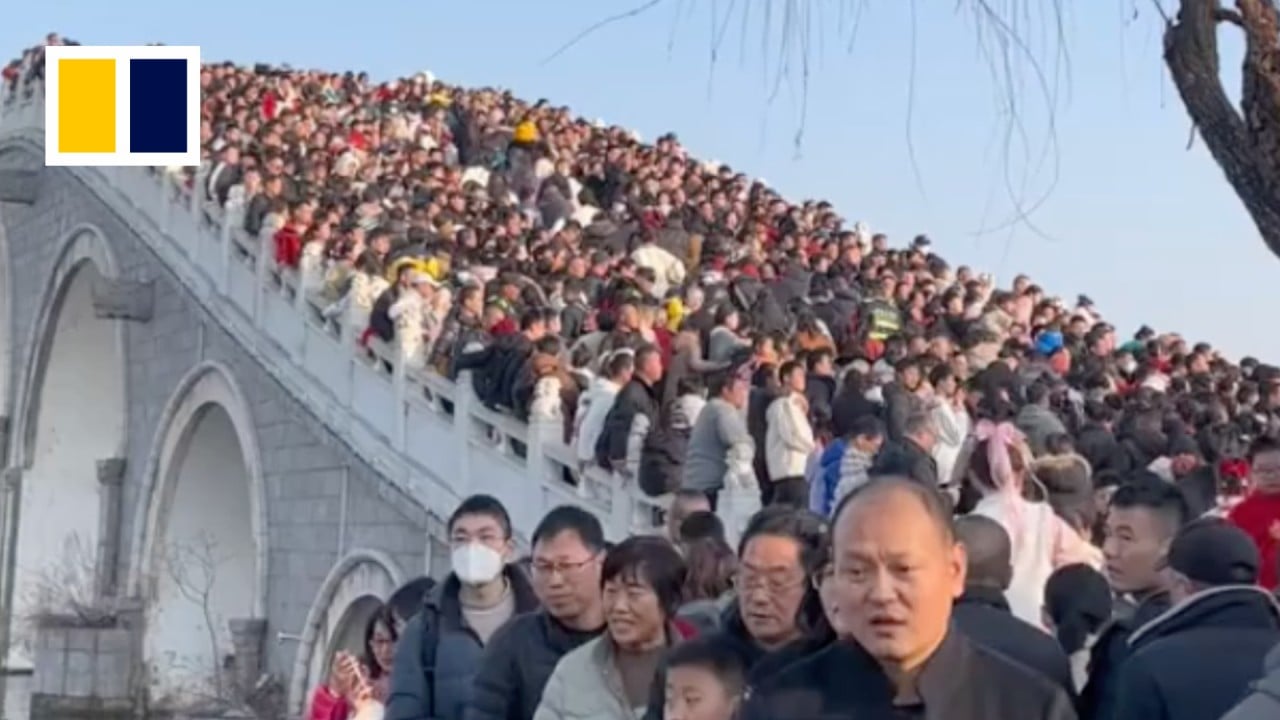Ningbo Lingjun Investment Management, which has about 60 billion yuan (US$8.3 billion) of assets, said it was “deeply sorry” for the negative impact caused by its trading when the domestic financial markets reopened on Monday after a week-long Lunar New Year holiday, according to a statement on Wednesday.
“As a professional quantitative investment firm, Lingjun Investment has a long-term optimistic view and consistently maintains a bullish stance on the Chinese stock market,” it said on its website. “We will improve trading models, rigorously control trading progress and constraints, and ensure a smooth and balanced trading process.”

The apology came after the Shanghai and Shenzhen stock exchanges on Tuesday banned the hedge fund from trading for three days, blaming it for “market disruption.” Beijing this month installed Wu Qing as head of the China Securities Regulatory Commission, which has vowed to curb securities lending and short-selling among steps to put a floor under the market sell-off.
China regulatory chief’s appointment indicates tightening, reforms on cards
China regulatory chief’s appointment indicates tightening, reforms on cards
The CSI 300 Index, which tracks the biggest stocks listed on both exchanges, slipped as much as 0.9 per cent in the opening hour on Monday, while before closing with a 1.2 per cent gain to catch-up with hefty gains elsewhere during the holiday. The index has climbed less than 1 per cent this year, after a cumulative 41 per cent slide from early 2021.

The Shanghai and Shenzhen stock exchanges froze all Lingjun’s trading accounts after it “disrupted normal market trading” with computer-generated sell orders on Monday, the bourses said. Those accounts sold 2.6 billion yuan of stocks within the opening minute, contributing to a “sharp and rapid decline” in benchmark indices.
“We will resolutely implement regulatory requirements and ensure strict and comprehensive supervision,” the exchanges said in separate statements. “We will strengthen supervision and maintain a ‘zero tolerance’ approach towards illegal activities that disrupt normal trading order.”
In mitigation, Lingjun said it made a “significant volume of transactions” within the first minute of trading on Monday, and ended the day with a net purchase of 187 million yuan.
China’s state funds seen stepping up stock intervention after jump in ETF assets
China’s state funds seen stepping up stock intervention after jump in ETF assets
Lingjun is the third-largest quantitative hedge fund in China according to a ranking by local data provider Simuwang. The firm was founded in 2014 by chairperson Cai Meijie, who previously worked at China International Capital Corp, Penghua Fund and Zheshang Fund, according to its website. Ma Zhiyu, its Stanford-educated investment chief, worked at New York hedge fund Millenium Partners.
Quantitative trading employs computer algorithms and programming to identify and capitalise on trading opportunities. It provides market liquidity and has obvious technological and speed advantages over small and medium-sized investors, which could lead to increased market volatility at certain times, the stock exchanges said.
Separately, the Shanghai and Shenzhen bourses said they will expand the reporting systems and strengthen regulations on leveraged quantitative products. New investors, including outside investors using the Northbound link under the Stock Connect scheme, must report to the exchange first, before conducting algorithmic trading in stocks.


